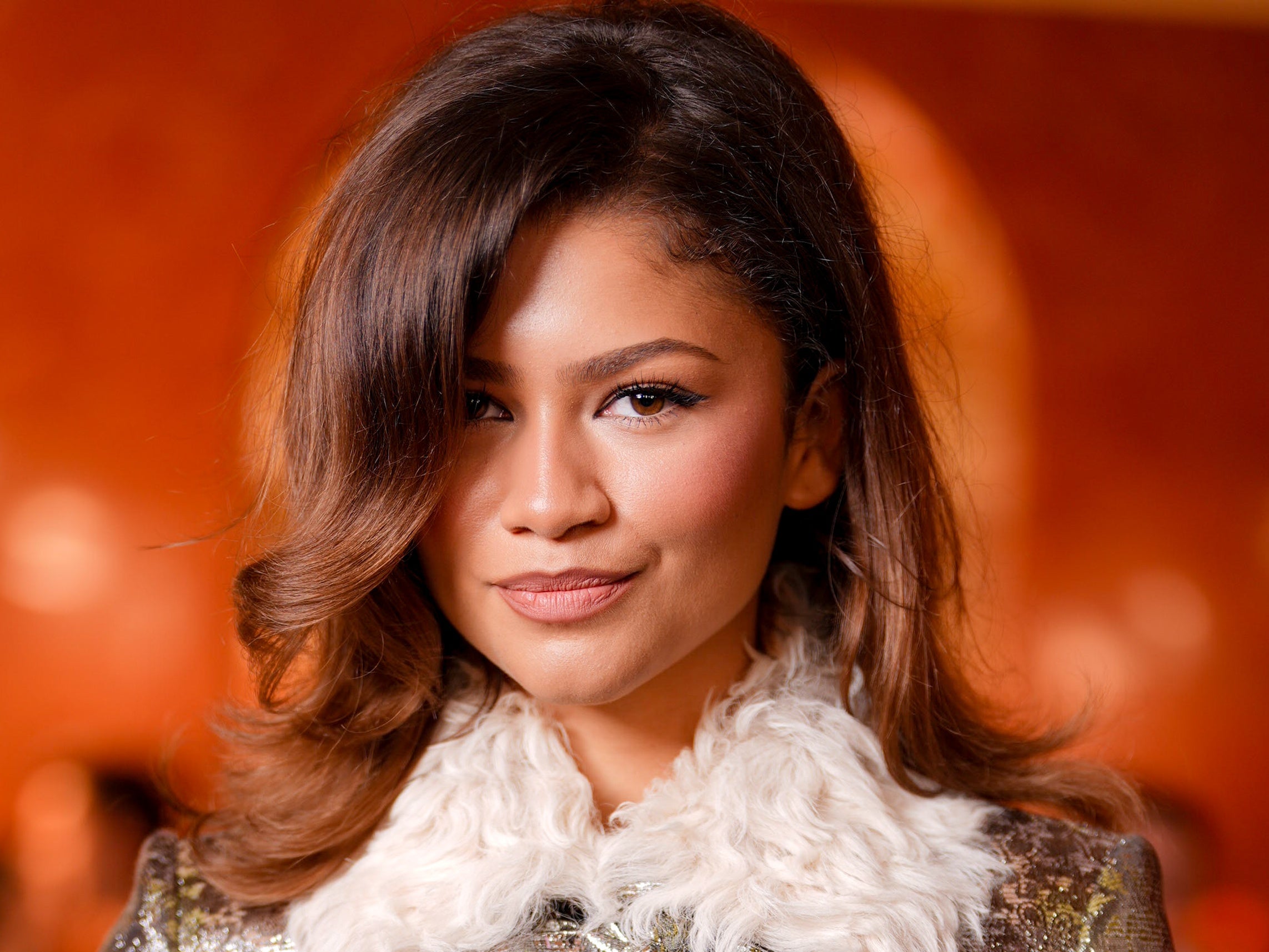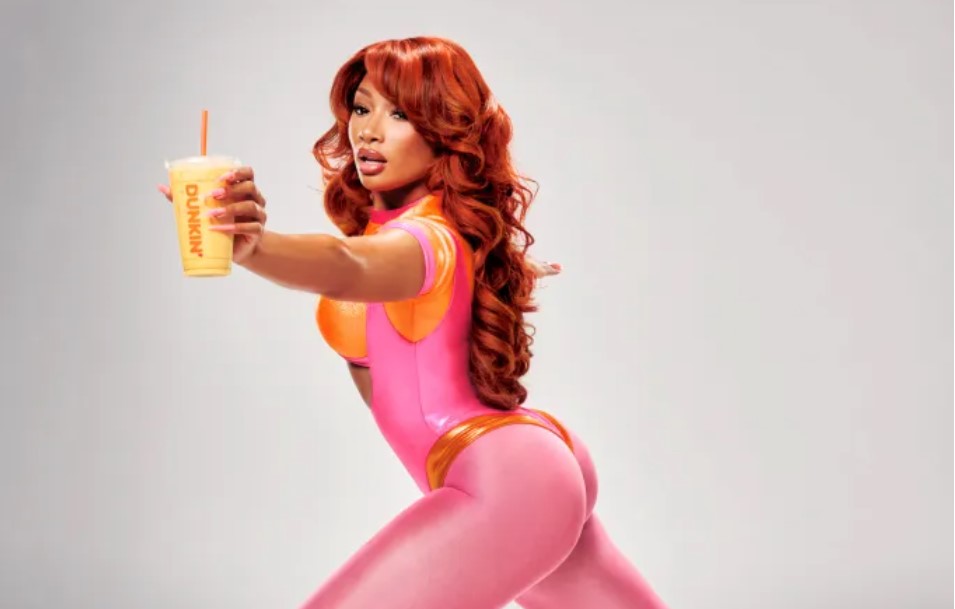As historical events go, the assassination of President John F. Kennedy has been sliced, diced, examined and revisited more times than can be tallied. And for good reason: On a human level, it was a tragic moment in which a vibrant young man was violently cut down in the prime of his life in full view of the world. And on a political level, it’s often been said that the cataclysmic event marked the loss of innocence of a nation. The fact that more than six decades later, so many questions remain unanswered only adds to its reverberating impact.
And so it’s no surprise that as we reach the 60th anniversary of the event, yet another production has emerged examining it: National Geographic’s three-part JFK: One Day in America.
What makes this particular series of interest is not that it claims to unearth previously unreported forensic data or posit damning new conspiracy theories. Instead, it takes a very personal, highly emotional approach to one of America’s darkest days through interviews with some of the last surviving witnesses, many of whom had agonizing proximity to the event. It’s clear when they speak that the trauma of the events of November 22, 1963 weighs heavy on them to this day.
Here are a few of those voices …
Clint Hill, Secret Service Agent assigned to protect First Lady Jackie Kennedy. “I think about the event as it happened, and I go right back to the moment that it happened. I mean, it’s there, it’s like a movie running through my brain. It’s there…Mrs. Kennedy was screaming. ‘They shot his head off! I love you, Jack.’ … I have this sense of guilt. I should have been able to do more than I did. I wasn’t fast enough. I guess I wasn’t faster than a speeding bullet.
“They gave me a medal. That was very nice of them. I appreciate it very much, but I wanted to do better than I did…I have this sense of guilt that I should have been able to do more than I did. The one thing that I would be willing to do or give is my life for his, if I could have changed it that day.”
Paul Landis, Secret Service Agent assigned to protect First Lady Jackie Kennedy. “We got to Trauma Room One [at Parkland Memorial Hospital], and I kind of got pushed in with the crowd, right beside his shoes, his feet. I couldn’t look at the President. I was feeling faint. I knew, if I looked at him, I’d pass out. I thought, ‘You can’t do this Paul. That was a time you’re needed more. You’ve gotta stay with it, you gotta hang in there.” A few hours later, after boarding the plane to return to Washington D.C., he said, “I sat down in the second row, and I broke down, completely. (Agent) Roy Kellerman at some point came and shook me by the shoulders and said, ‘Come Paul. You got to witness this.’ And I said, I don’t need to witness anything. I’ve seen all I need to see. He said, ‘It’s an historic moment. They’re swearing in Vice President Johnson.”
Buell Frazier, 19-year-old co-worker of Lee Harvey Oswald at the Texas School Book Depository. “I drove Lee Harvey Oswald to work, because Lee did not own a car… I noticed a package in the back seat, so I said, “what’s in the package?” and he said, “curtain rods.’ … I’ve asked myself many times, ‘How’d you get involved in this?’ … I was just trying to do a good neighborly deed. That day I drove Lee Harvey Oswald over to where we were employed…I paid a big price for that… I’m a time traveler. I go back to that day many times. The thing is, that morning when I left to go to work on November 22, 1963, that young boy has never come home.”
Gayle Newman, Dallas resident who, with her husband and two young children, was a spectator along the motorcade route. “We were one lane-width away from him when he was shot in the head. Never in my mind, when I got up that morning, did I think that I would see something so horrific.”
Ruth Paine, friend of Marina Oswald, estranged wife of Lee Harvey Oswald. “It hurts to go back to that time. To remember the days. To remember the feelings. The disappointment, the pain. I felt angry that I had unwillingly been helpful in some way…. At that time, I had arranged for Marina to come and stay at my house. She and Lee were separated. We were watching the TV when we heard that an officer had been shot. And then something like six policemen arrived. One asked me if I was a Communist. Another said, ‘Did Oswald have a gun, a rifle?” I said no, and translated that to Marina, who said that he did. She led them into the garage, pointed to a blanket roll. She thought it was there. The policeman picked it up, the blanket roll folded over his arm. It was clearly empty. It was at that moment I thought it could have been Lee. I didn’t know he had a gun. I didn’t see him as dangerous. I had had him to my house, with my little kids. So … I didn’t see that coming.
Sid Davis, Washington Correspondent for Westinghouse News Radio and, later, vice president and Washington Bureau Chief for NBC News. “I went back to Washington (from Dallas) and got back around midnight. I went to the White House. I was broadcasting on the arrival of the casket…this was the President of the United States. In the prime of life, youngest elected. All of us were in a state of shock. But … if I stopped to think how bad this really was in the moment, I wouldn’t have gotten through my broadcast. I started wrapping up the broadcast, and I did the closing, and I said that he enjoyed Robert Frost and he used to close his campaign speeches at every stop, he’d quote Robert Frost. I had this Robert Frost poem in my pocket, and I went and did it.
‘Woods are lovely, dark and deep, but I have promises to keep, and miles to go before I sleep.” [The soundtrack cuts to the original broadcast audio recording of young Sid Davis doing the reading.] “I have promises to keep, and many miles to go before I sleep. And with that [his voice cracking and nearly in tears] this is Sid Davis, reporting from the White House.”
JFK: One Day in America aired on National Geographic and is available to stream on Disney+ and Hulu.







